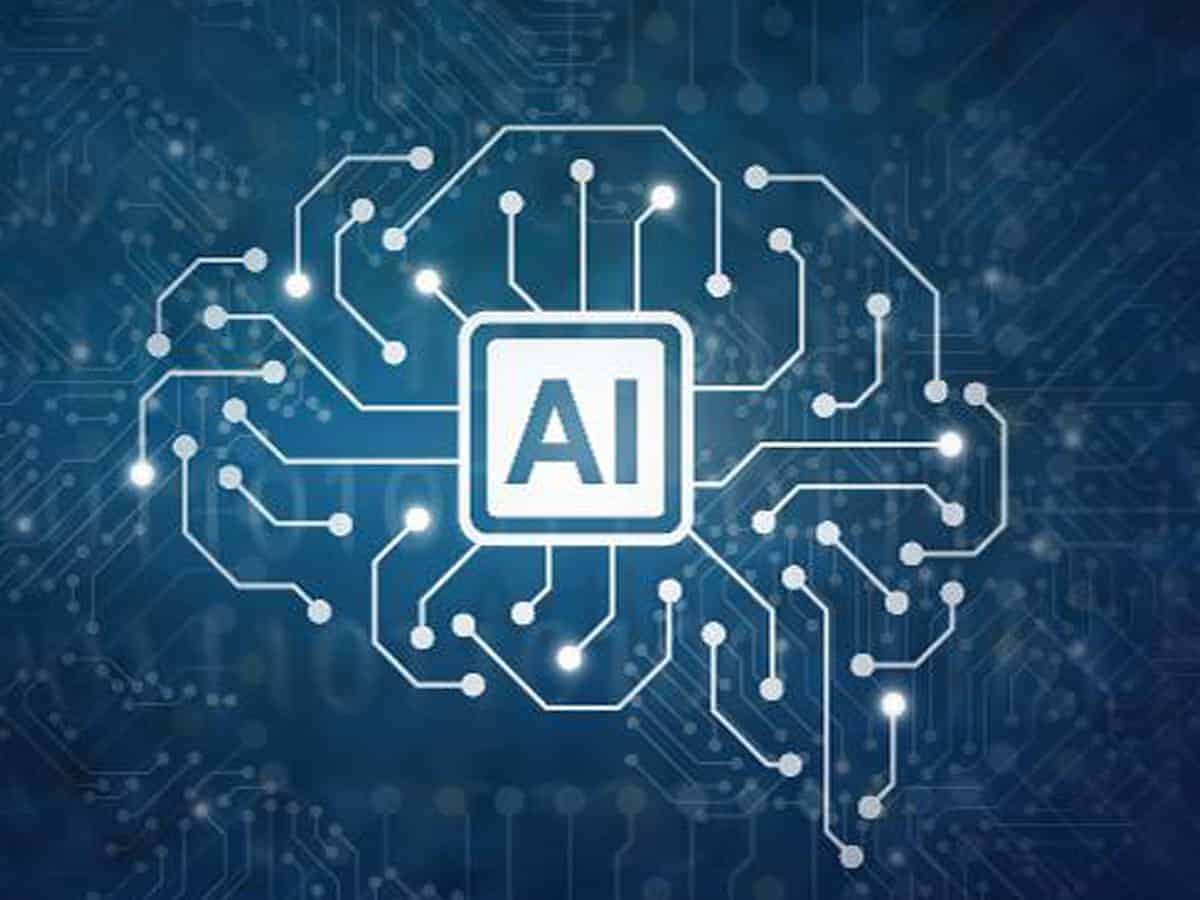
Hyderabad: National Academy of Legal Studies and Research (NALSAR) University and IIIT-Hyderabad together held a roundtable meeting on Saturday deliberating on the possibility of the application of Artificial Intelligence (AI) in the Legal and Judicial system in India.
The confluence session of law firms, policy think tanks, NALSAR faculty, IIITH faculty and startups deliberated on the use-cases, various AI problems, its challenges, and potential solution possibilities.
The discussions revolved around four central themes – AI as a supporting tool in the practice of law, to adhere to due process of law, should AI practice law? and AI in delivering judgements.
The roundtable was chaired by NALSAR vice chancellor, Prof Srikrishna Deva Rao, and director of IIIT-H, Prof PJ Narayanan. Panellists included professors from IIIT-H, NALSAR and IIT Kanpur, law leaders from Samvad Partners, policy and community groups OpenNyAI and CDPP, and a city-based startup subtl.ai.
The panel identified AI use-cases in legal research, document and content discovery process, contract drafting and review activities. AI and Natural language processing (NLP) play a crucial role in building language processing tools in understanding the substance and implications of keywords searches and contract language. The deliberations will be detailed in a white paper to be published shortly.
Prof Rao said, “Academic interactions between IIIT-H and NALSAR should lead to academic and research collaborations educating lawyers and technologists together. I strongly believe that technology will enhance justice for everybody but would not replace or substitute human jurisprudence”.
Suggesting that lawyers should learn program development, learn about AI/ML, data science, the vice chancellor advocated small courses for lawyers in document review, judgement review and contract analysis.
Prof Narayanan said, “It is good to see the AI Tech world and people from law coming together.” He said that it has become possible for AI systems to help significantly in the legal process but warned about over-reliance on AI systems cautioning about biases inherent in these systems.
